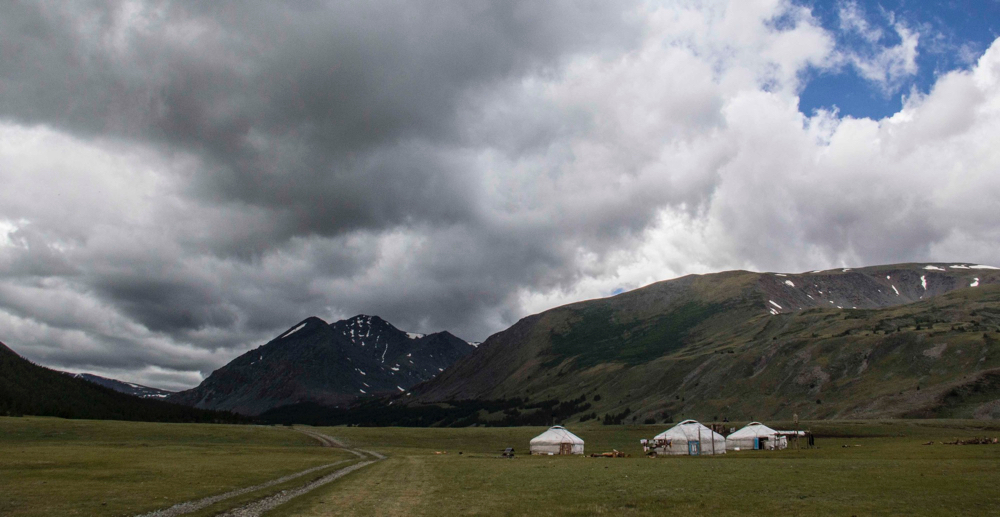The traditional six-week summer holiday in the UK is undergoing scrutiny as families adapt to new travel patterns shaped by climate change, rising costs, and changing preferences. In 2025, more families are choosing to travel during the shoulder seasons—spring and autumn—opting for cooler weather and better value in destinations such as Cyprus, Croatia, and Egypt.
For decades, the summer break was the cornerstone of family travel. However, high-season overcrowding, soaring temperatures in Mediterranean destinations, and inflated travel costs have made the summer rush less appealing. Today, many UK families are advocating for school calendar reform to better align with modern travel needs.
The Push for Calendar Flexibility
Parents across the UK argue that the rigid structure of the academic year no longer reflects the realities of modern life. Families face two difficult options:
- Paying peak-season prices: Destinations like Spain, Italy, and Greece are often packed and expensive during the six-week summer break.
- Traveling during term time: Families seeking affordability or better weather often take children out of school, risking fines and academic disruption.
Experts suggest that small changes—such as redistributing school holidays throughout the year—could alleviate these pressures. A shorter summer break paired with longer half-term holidays in May and October is emerging as a popular solution.
The Shoulder-Season Travel Boom
The rise in shoulder-season travel is not just anecdotal. Tour operators and online booking platforms report booking increases of 30% to 40% during May and October compared to pre-2020 figures. These months offer pleasant weather, fewer crowds, and more competitive pricing, making them ideal for family travel.
In Cyprus, families can enjoy warm but manageable temperatures, while in Croatia, coastal towns are less crowded and perfect for cultural explorations. Egypt, with its blend of history and sunshine, also benefits, as milder weather allows families to explore ancient landmarks comfortably.
Why Shorter Summers Make Sense
Reforming the school calendar to balance breaks more evenly throughout the year could unlock numerous benefits:
1. Affordable Family Holidays
Shoulder-season prices are significantly lower than peak-season rates, saving families hundreds of pounds per trip. Affordable travel also makes international experiences accessible to more households.
2. Less Stress and Overcrowding
Staggering family holidays reduces pressure on airports, hotels, and tourist hotspots during peak summer months, ensuring smoother and more enjoyable experiences.
3. Educational and Enriching Travel
Visiting historical sites and museums in cooler weather provides better learning opportunities for children. Families exploring destinations such as Athens, Rome, or Luxor during the off-peak months enjoy less crowded attractions and richer cultural engagement.
A Boost for Tourism and Local Economies
Extending travel demand into the shoulder seasons benefits more than just UK families. Local economies in popular tourist destinations stand to gain from more consistent revenue throughout the year. Resorts, tour operators, and local businesses in Cyprus, Croatia, and Egypt can operate sustainably, reducing their reliance on the intense summer peak.
Additionally, airlines and travel companies can better distribute flights and packages across the year, leading to more stable pricing and better service availability.
Positive Impact on Student and Teacher Wellbeing
The educational sector could also benefit significantly from a restructured calendar:
- For students: More evenly spaced breaks could help reduce academic fatigue, improve focus during term time, and support overall mental health.
- For teachers: Balanced terms and breaks would reduce the intense pressure of preparing for and closing academic periods, allowing for better planning and rest.
This more thoughtful approach to the academic year supports healthier, more productive school communities.
Climate Change and the Need for Change
Climate change is reshaping global travel habits, and the UK is no exception. Mediterranean destinations have experienced rising temperatures, with some locations reaching dangerous highs during July and August. Families now prioritize safety and comfort, choosing cooler months for their vacations without sacrificing the quality of their experience.
By adjusting the school calendar, families could better align their holiday plans with these environmental shifts, ensuring safer and more enjoyable travel.
Looking Ahead: A Call for Reform
Advocates for change argue that government collaboration with educational authorities and travel industry leaders is essential. Creating a school calendar that accommodates modern travel trends will not only benefit families but also strengthen the tourism sector and its role in the economy.
A more flexible system would help families travel affordably, support year-round tourism in popular destinations, and respond to the realities of climate-driven changes in travel behavior.
Conclusion
The way UK families plan their holidays is evolving. With climate change influencing travel patterns and affordability concerns shaping decisions, shoulder-season travel is becoming the preferred choice for many. By reforming the school calendar to allow for longer breaks in May and October and shorter summer holidays, families can enjoy better weather, lower costs, and less crowded destinations.
For tourism-dependent economies like Cyprus, Croatia, and Egypt, this shift brings a steady influx of visitors across the year, boosting local businesses and reducing seasonal pressures. The future of family travel lies in flexibility, balance, and smarter planning—both for families and the industries that serve them.
For more travel news like this, keep reading Global Travel Wire

















